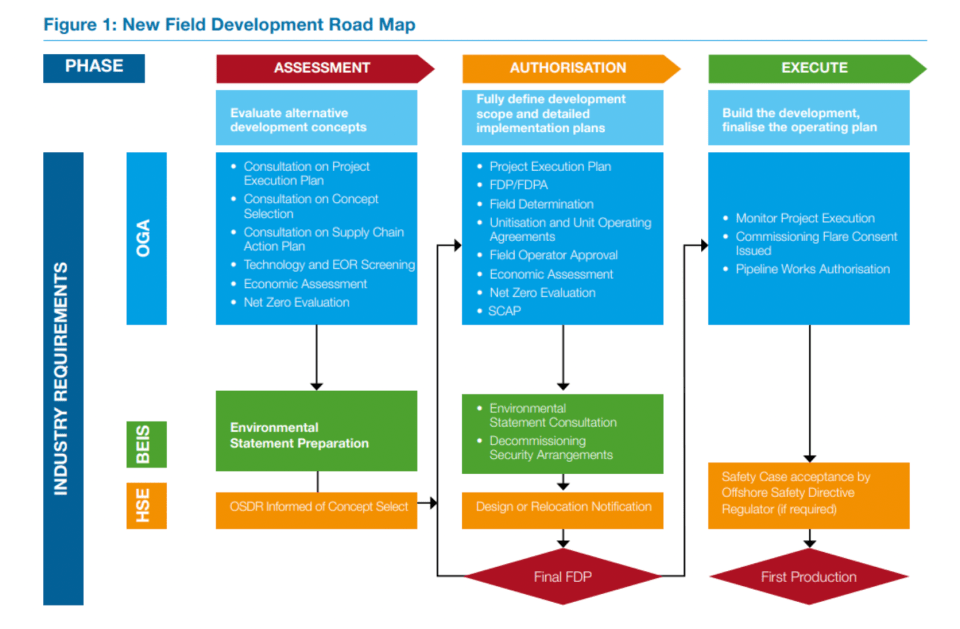How close is the Rosebank North Sea oil and gas field to approval?

Grant Shapps cut a flustered figure last week when briefing journalists over his underwhelming energy security plan, but one of his few moments of assured certainty was when he revealed that approval for the massive undeveloped Rosebank oil and gas field was not yet in his hands.
He said: “Just to correct some media speculation I’ve seen on this – it’s not on my desk as I keep reading in the papers. It’s not a decision that’s gone to the secretary of state.”
City A.M. has approached industry regulator, the North Sea Transition Authority (NSTA), which confirmed that the project’s environmental statement is currently being reviewed by the Offshore Petroleum Regulator for Environment and Decommissioning (OPRED).
The NSTA will then make a decision over the project’s field development plan, which requires an OPRED-approved environmental statement.
Only when these two hurdles are cleared does Shapps make a final investment decision on the site.
City A.M. understands the industry expects Rosebank to be approved, and that an announcement could be made the same time commitments are announced for a long-awaited price floor in the windfall tax.
Equinor – which has an 80 per cent stake in the project – has seemingly priced in an imminent decision, and told City A.M. it hopes to make its own final investment decision and award the first contracts for the project this year.
This is despite campaigning group Uplift warning that if Rosebank is approved, the emissions just from producing oil from the field would be enough to exceed the share of the UK’s carbon budgets from 2028 onwards.
NSTA has since disputed this research, and has said it has factored potential new developments into its own calculations.
A spokesperson said: “We have full confidence in our data, which show that the UK oil and gas industry is currently on track to meet interim emissions reduction targets agreed in the North Sea Transition Deal.
“Our 2022 Emissions Monitoring Report shows that achieving the 2030 goal of a 50 per cent reduction in production emissions is the absolute minimum the NSTA expects from industry, which should aim to surpass it.”
North Sea: The hurdles for approval
While the environmental debate over Rosebank continues, City A.M. has looked at the approval process for North Sea oil and gas projects.
There is no linear timeline for new developments, with projects requiring licenses and approvals from multiple regulatory bodies including NSTA, OPRED, the health and safety executive, and the department for energy security and net zero.
Different bodies can take different amounts of time to respond to each project, depending on its complexity, meaning a development could be ahead of another with some forms of approval but not with others.
The approval process is multi-layered and was outlined in a document from the NSTA – ‘Requirements for the planning of and consent to UKCS Field Development’ which was last updated in 2021.

It includes a wide range of approval stages such as a project plan, economic reports, net zero reviews and environmental assessments.
The Rosebank site lies more than 1km below the surface of the North Sea.
It was first discovered by Chevron in 2004, however the company declared the project ‘uneconomic’.
The project was then taken on by Equinor in 2019 and has been backed by industry body Offshore Energies UK.
The site is projected to produce up to 500m barrels of oil – roughly equivalent to eight per cent of the UK’s entire oil output between 2026 and 2030.